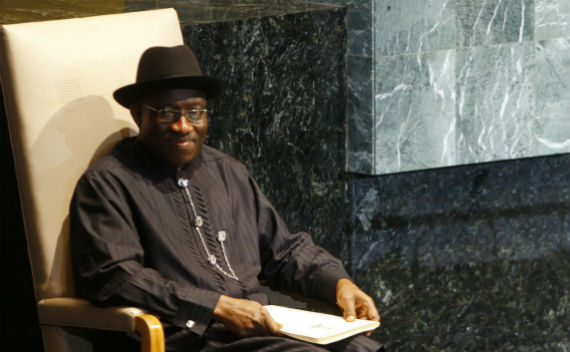Nigeria’s 2011 Elections: A Last Word?
More on:

The highly respected International Crisis Group (ICG) has issued a Policy Briefing, “Lessons from Nigeria’s 2011 Elections.” It concludes that Nigeria may have started to reverse the downward spiral of its elections, but that it has a long way to go. And the details and nuance in the report suggest that there is, indeed, a lot of work to do.
The report notes some positive changes in the status quo—seventy-two of one hundred and nine senators lost their seats; two hundred and sixty members in the three hundred and sixty seat House of Representatives are new; and the ruling People’s Democratic Party lost its two-third majority in the Senate and now holds the governorship in twenty-three of the thirty-six states, down from twenty-seven. Nevertheless, the ICG’s policy suggestions imply little short of remaking Nigeria’s political culture, calling on the Abuja government to construct “a system of disincentives to deter political and electoral malfeasance” through political and economic reforms that make the state “relevant to most Nigerians,” and calling for industrial development and job creation, especially for youth and unemployed graduates.
As has been common among analysts and observers, the ICG deemed the 2011 elections an improvement because they were better than the 2007 elections (a low bar). The Independent National Electoral Commission (INEC) under Attahiru Jega certainly performed better than its predecessor. However, the report documents every kind of electoral abuse, and thereby raises questions about how free and fair the elections were.
These elections were also the bloodiest in Nigeria’s recent history. The authors ascribe the post-electoral violence, which they are estimating took one thousand lives and affected a third of the states, to ethnic and religious divisions, exploited by politicians, and widespread socio-economic malaise and marginalization. While I think this is an accurate portrayal, I disagree with the statement that “few, however, predicted the violence that erupted in some Northern states.” Numerous analysts and Nigerians alike, including former president Olusegun Obasanjo (and myself), publicly commented on the potential for violence along sectarian lines with the end of zoning. The ICG even wrote in a February 2011 brief, “Flawed polls, especially if politicians stoke ethnic or religious divides, may ignite already straining fault lines, as losers protest results,” which is what ultimately happened.
Despite the use of the 2007 election as the bar to beat, implicit in the report – if nowhere clearly stated—is an indictment of a political culture that is fundamentally antithetical to democracy, and a call for fundamental reform of the relationship between the Nigerian government and its citizens. And that would require exceptional political skill and will on the part of President Jonathan and those who rule Nigeria.
More on:
 Online Store
Online Store
